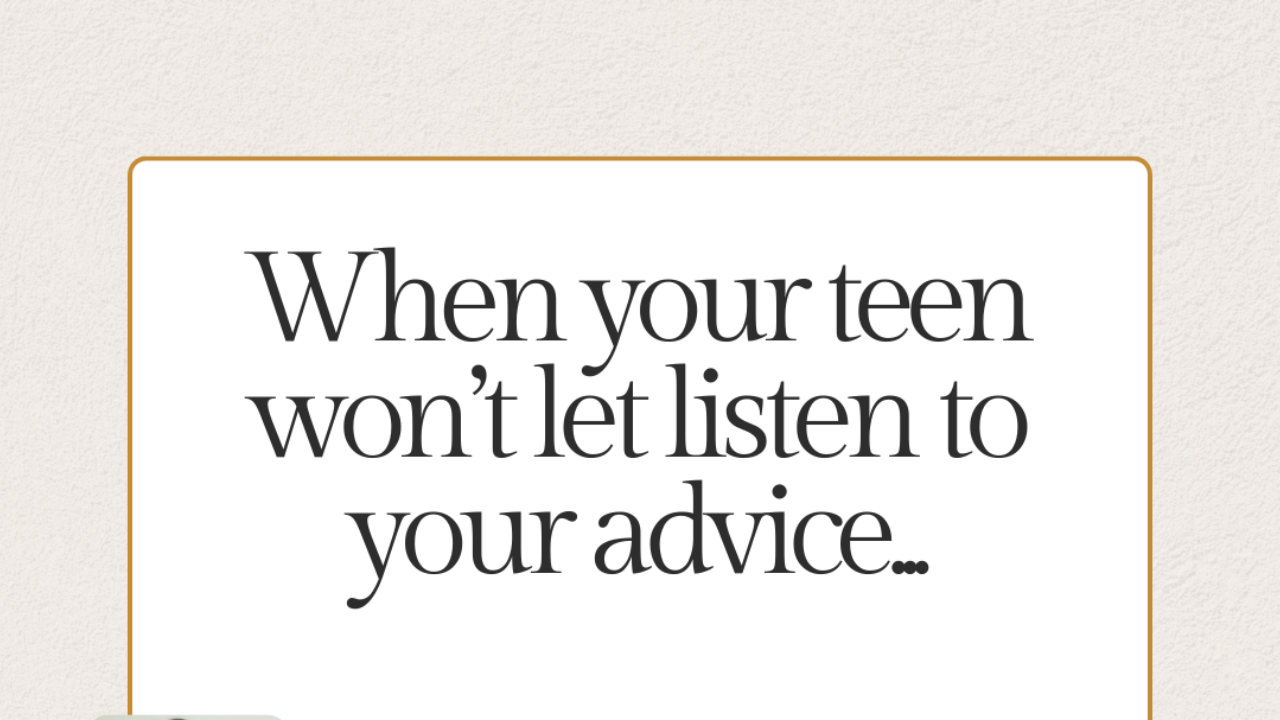Conflict over parenting your teen?
My 12 year old daughter wasn’t able to go to school camp last week because she was unwell.
She said the funniest thing to me while we were together, she said…
Parenting is so much harder today because you can’t just punish your kid, you have to think about their feelings.
This one sentence summarises the struggle of parents today between the “old” and “new” ways of parenting which is the source of much conflict and criticism.
Should we be caring so much about our kids' feelings?
Should parents be harder with their boundaries?
To answer these questions we need to consider why parenting has changed.
Public opinion might say this change has happened because parents can’t tolerate being tough.
But I disagree.
Parenting advice has always been shaped by the dominant psychological theories of the time.
From behaviorism to attachment theory, cognitive strategies to trauma-informed care, our understanding of how kids grow keeps evolving.
Our understanding of human psychology, emotional development, motivation and behaviour change has advanced and parenting approaches have incorporated research findings into our understanding of behaviour change.
In the same way that we have all had to accept that Pluto is no longer a planet…
We may need to accept that as we learn more about teen development our perspectives on parenting should change.
Rewards and consequences (take their phone away) approaches to parenting are based on behaviourism and while not “wrong” are not the only way to influence behaviour change.
Newer theories of psychology have incorporated thoughts and feelings into our understanding of how change occurs.
As such, modern parenting approaches recommend dialogue between parent and teen about thoughts and feelings.
More recent technology has furthered our understanding of the human developing brain and have shown the weaknesses in emotion regulation and behavioural control in teens is the result of brain rewiring not bad parenting.
But equally research on the neuroplasticity of the brain has shown that the environment that a human brain grows up in affects how the brain develops and the emotions and behaviours you see as a result.
It’s no wonder there are so many opinions about what the “right” parenting approach is.
What should you do when..
They won’t unpack the dishwasher?
When they hibernate in their rooms with blinds drawn like a vampire hiding from the sun?
When they don’t want to get out of bed and go to school?
What can we take from psychology now to help us in parenting?
Let’s get the core principles down.
-
Teens are still kids and they need parental help to keep them safe and help them not make impulsive decisions that may destroy their future.
-
A parenting approach that balances control and warmth is ideal and has the best outcomes.
-
New evolutions of psychology have incorporated other principles into the parenting toolbox, including the importance of your attachment relationship to assist your teen in soothing their big feelings (...particularly if you have to turn the wifi off).
-
Understanding their emotional and physical needs will help you help them to do the tasks they find difficult.
-
Understanding and responding to your emotional and physical needs is important to limit the effects of trauma from one generation to the next.
So next time someone criticises you for being too permissive or not understanding enough…remember science is here to help you.
And so am I.



